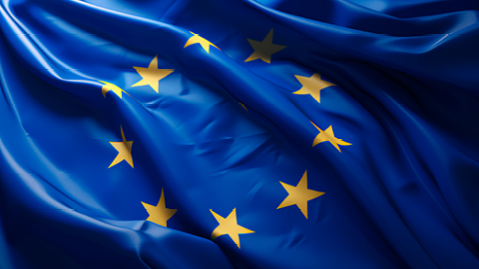12 January 2024
Use the Taylor Wessing CBAM Check to find out whether your company is affected by CBAM
Related Insights

Energy & infrastructure
Click here to find out more
Energy Sharing under Section 42 of the German Energy Industry Act (EnWG)
26 November 2025
Quick read
by Fiammetta Kremer and Dr. Markus Böhme, LL.M. (Nottingham)

Energy & infrastructure
Click here to find out more
Draft legislation for Market Integration of Storage and Charging Points (MiSpeL) submitted by the Federal Network Agency (BNetzA) and its impact on electricity storage
13 October 2025
In-depth analysis

Energy & infrastructure
Click here to find out more
German-Dutch Treaty on Cross-Border Energy Projects
18 September 2025
Quick read
by multiple authors


